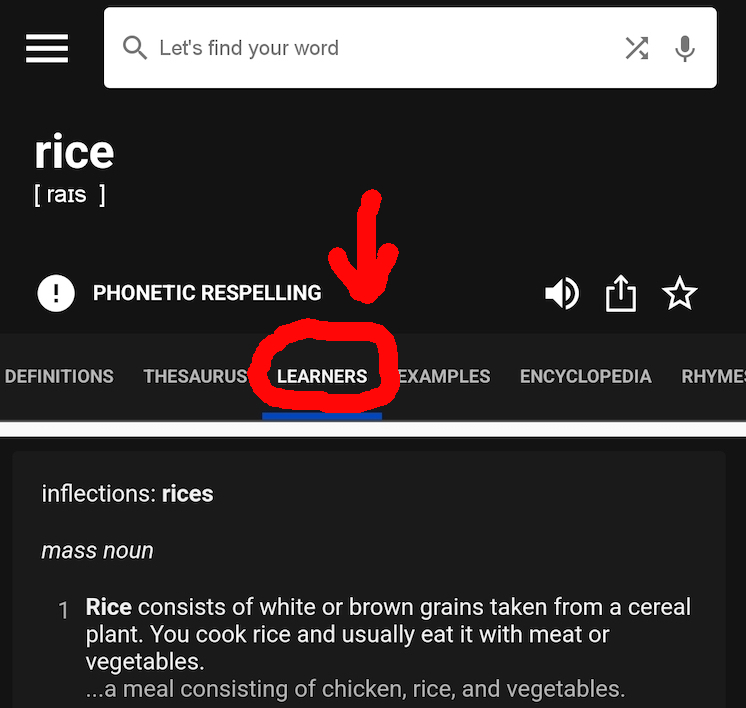The best account I know is in the Oxford English Grammar by Sidney Greenbaum. At 3.26 he explains the concept of number in nouns.
The category of number distinguishes between singular and plural nouns. Number contrast does not ordinarily apply tp proper nouns, such as Caroline or the Netherlands. Common nouns can be either count (or countable) or non-count (or uncountable or mass). Count nouns have number contrast:
- house/houses, nurse/nurses. Non-count nouns generally do not have a plural form: wine,information. but many of them are occasionally converted into count-nouns to refer to kinds or quantities: French wines, two teas (cups of tea).
So the word 'water' is an obvious non-count noun. Most of the time, it refers to a mass of the stuff, but not always, as Greenbaum illustrates above.
Beyond that, there are other special cases. Proper names can be used in the plural, as some people might speak of someone they dislike as "a little Hitler" and you could speak of "little Hitlers" of a disliked group of people.
Poetry and so rhetoric can generate plurals, as in the Old Testament.
"By the waters of Babylon I laid down and wept."
Obviously, these are not 'types' of water, but more probably stretches of water. The 'waters' that break at the onset of childbirth are obviously not a plurality of water but simply have always been spoken of as if 'they' were. That is why we have to be very careful not to be tied down to a fixed definition.
Nevertheless, 'water' is (normally used as) a non-count noun without a plural. The stuff it (normally) refers to can be measured, but not counted (because it is a mass of the stuff). Yet poets love to put it in the plural, as did the Roman Horace in his Odes Book IV ode 1, a love poem to a young man.
In my night time dreams / now I have caught and hold you; now I pursue you in flight / now through the grasses of the Field / of Mars, now, cruel man, through rushing waters.

